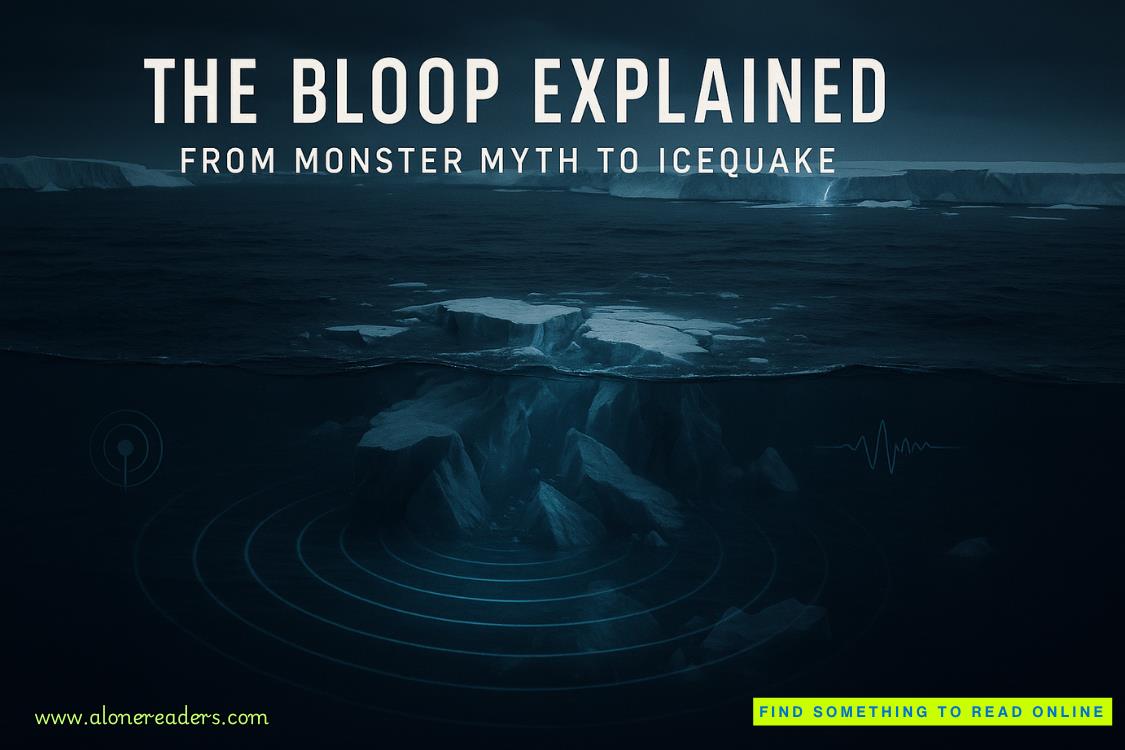Page 9 of The Furies
“Kebbell, maybe?” she said. “Or Kibble? I have a cat, you see, so when I think of kibble, I think of her. Oh, it’s in there somewhere. Concentrate, dummy.” She seemed on the verge of slapping herself on the forehead when her face cleared. “Kepler,” she said, with relief. “I’d swear it was Kepler. Kibble, Kepler. If it had been anything else, then whoosh, it would be gone by now.”
Beth wrote all three words—Kebbell, Kibble, and Kepler—in her notebook. When she looked up again, Ida’s face had clouded.
“You know,” she said to Beth Ann, “I also think that image stayed in my head because it scared me. Now why would that be, do you reckon? I mean, it’s just a stick figure, right? There’s no reason for it to have frightened me, or Mr. Ellerkamp.”
“Sure, just a stick figure,” said Beth Ann, although she had to admit that something about it was unsettling. Then: “But you say Edwin Ellerkamp was also frightened by it?”
“I thought so then, but I might be doing that thing, you know, where you feel one way about something and think someone else must feel the same way about it, too?”
“Transference,” said Marie.
“If you say so. You know more about that stuff than I do, what with your therapy and all.”
Marie blushed deeply.
“Jesus, Mom,” she said. “Broadcast it to the whole valley, why don’t you?”
“It’s only us and Beth Ann, and she won’t tell.”
Ida winked at Beth Ann, who shot Marie what she hoped would be interpreted as a reassuring glance. Marie cast her eyes to heaven.
“And you never saw this symbol again?” Beth Ann asked Ida.
“Never.”
Beth Ann closed her notebook. It wasn’t much, but it was a lead to share with Condell and Gardner. If this Kepler was a coin collector, someone in the numismatic community might know about him.
“Thank you for your help, Ida,” she said.
“It was terrible, what happened to Mr. Ellerkamp,” said Ida. “He was a good employer. Marie won’t find another like him, even if he wasn’t a Christian. I used to josh him that for all his coins, he wouldn’t be able to buy his way into heaven when the time came. Didn’t matter if he believed in God or not, he’d have to answer for the manner of his living just the same.”
“And what did he have to say to that?”
Ida Biener’s innate imperturbation was briefly disturbed, like standing water rippling from the impact of an imperfectly skimmed stone.
“He told me,” she said, “that with the right coin, even gods could be bought.” Ida crossed herself: a good Catholic making amends for blasphemy, even in reported speech. “But then,” she concluded, “Mr. Ellerkamp was a very strange person, and if this Kepler was associating with him, he was a very strange person, too.”
* * *
IN AN ONTARIO PROPERTY, an hour from the border with the United States, a laptop was open in an otherwise dark room, its glow casting a bluish light on the face of the man examining the screen. An email had come through—not to his principal account, the one he used to receive information on auctions and sales, but to the secondary address. Only a handful of people were privy to it, and they used it sparingly. Most preferred not to use it at all, because his reputation preceded him, but he had money, and didn’t quibble over price. Meanwhile, when he sold, there could be no concerns about provenance, and if he made it clear that further information was required, it would be provided. If he found out that attempts had been made to conceal something from him, consequences would result.
He opened the message, which contained only a link to a website address ending in .onion, the address itself consisting of a random series of letters and numbers. Using a VPN to add a further layer of security, he accessed the Tor browser, which brought him to a site on the dark web. It was an auction listing, although the seller remained anonymous, or believed himself to be. But the man had learned that every seller had a signature, a series of tells that could be discovered in the online presentation of a listing, the formulation of the description, and the conditions of sale. Taken together, they were rarely definitive, but they did permit one to narrow one’s scope if one were a concerned buyer anxious not to be ripped off, or if one were seeking restitution for a scam that had already occurred. But rip-offs were rare in the circles in which he moved, either online or real world; the danger lay with the law, not with those involved in the marketplace, and anyway, only rarely did he venture onto the dark web. He was old school—older, indeed, than anyone could have imagined.
He read the listing carefully before bringing up each of the images in turn, using a digital magnifier to examine them in detail. Finally, he checked for other items from the same source, but found nothing of similar value or rarity. When he was done, he closed the listing, and picked up a pair of worn dice from his desk. He shook them in his fist and threw a double six.
He had no intention of bidding for something that had been taken from him. He already had an idea of who the seller might be, not only from the language of the listing but also because just a handful of specialists possessed the knowledge and resources to dispose of such an item, so very uncommon was it. Nonetheless, he was frustrated. He had hoped to deal with this problem before anything went to market, and preferably without recourse to further violence. He had lost his temper with Ellerkamp, even if the theatricality of the old man’s demise would serve as a warning to others. He was surprised the police had not publicly revealed more about the case, or that no mention had been made of the calling card left on the mirror, although this, he admitted, might have been an indulgence too far, even for him. Despite the official silence, rumors were already spreading about the death, which suited his purposes. It was important that prospective buyers should be made to understand the implications of involving themselves in his activities, and the best means of having his possessions returned to him was by first ensuring that there was no safe outlet for their disposal.
Again he threw the dice. Again, a double six.
Ellerkamp had died after revealing all he knew, but what he knew had not been enough. The collector had been surprised that the instigation of the theft had been traced back to him; almost as surprised, in fact, as he was to discover that the thieves had double-crossed him. It was at this point that his attacker had become truly enraged, feeding Ellerkamp coins until he suffocated before filling his mouth with whatever surplus it could accommodate, and more.
Afterward, the man from Ontario had been forced to put out feelers, to call in markers and favors. More than anything else, it troubled him that he had been required to venture beyond the safety and confines of his lair because of the avarice of venal individuals. He disliked drawing attention to himself, which was why he had long been a recluse. Hearsay was one thing, but it was better not to lend it substance by confirmation. He was also already growing weaker, and consequently was at his most vulnerable just when he was called upon to act in order to save himself.
Shake. Throw. Double six.
The listing would draw interested parties, some of whom might be as adept as he at identifying anonymous sellers. This immediate issue would have to be dealt with before the vendor made an attempt to dispose of objects to which he had no right of sale or ownership. The man from Ontario closed his eyes. He had to conserve his energy. Causing pain could be an exhausting business. But he feared sleep, feared it because, for the first time that he could recall, he might never wake from it again. This, he thought, was his punishment for worshiping a fickle god—worshiping it, and giving it a place in which to dwell.
No, not alone a place.















